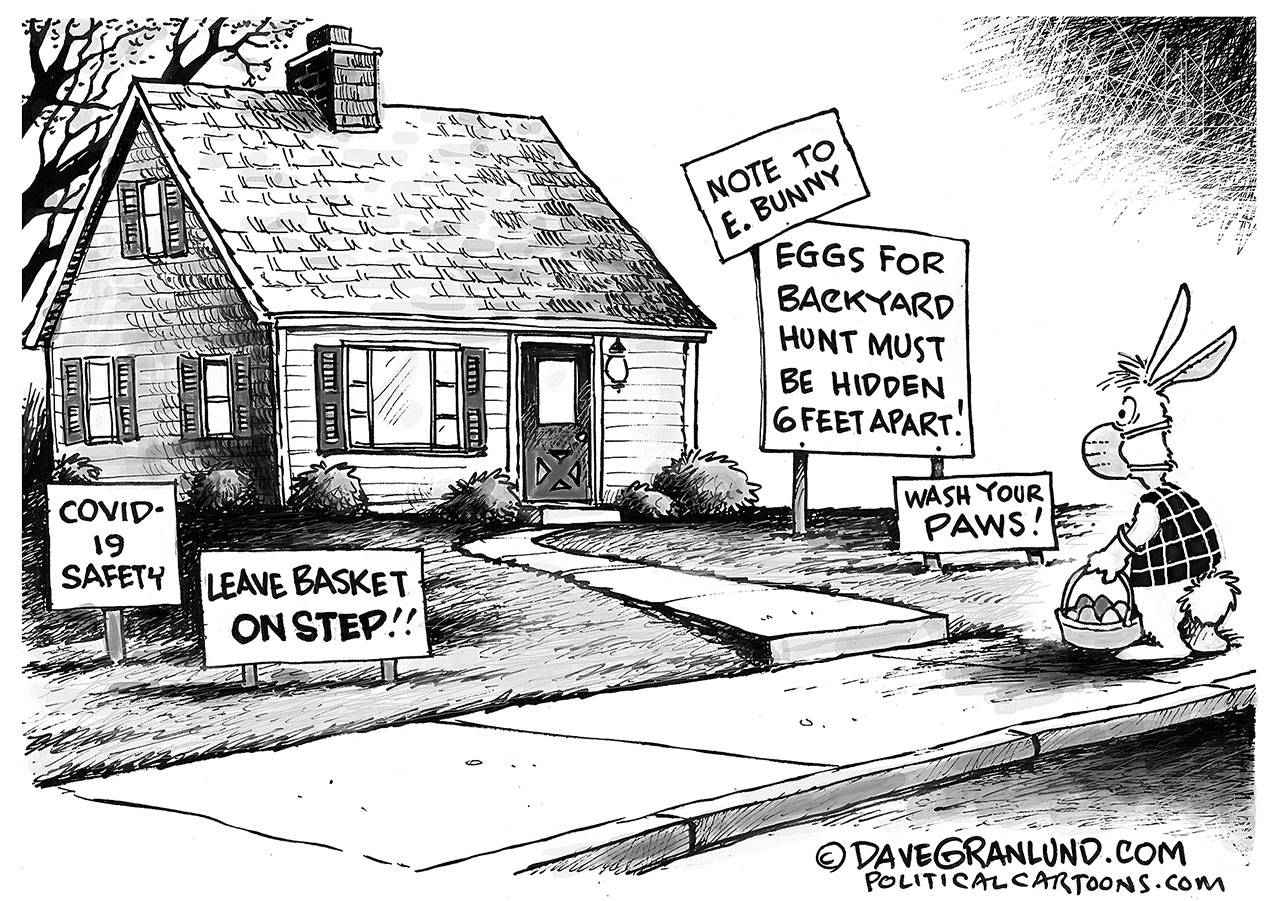By Dr. Rajesh Bhayana
New York Daily News
I’m a physician at Massachusetts General Hospital. My wife is the head of human resources for an infrastructure firm in Canada. She has been working from home since last June, when we moved from Toronto into a condo just a five-minute walk from MGH. As the coronavirus crisis unfolded, nonurgent medical care was postponed in preparation. So I was at home with my wife practicing social distancing by staying at our condo.
Every now and then, we collected packages from our lobby, surprised to sometimes see people who appeared symptomatic. It was probably just allergies, we hoped. Then, over several days, my wife felt a sore throat, followed by a fever, followed by muscle aches, followed by profound fatigue and weakness that rendered her bedbound.
When my wife tested positive for COVID-19, we expected to hear clear direction and reinforcement of the importance of isolation. This is not what happened. A Massachusetts public health official called and reviewed how we could minimize spread within the home. I was surprised by the omission of the single most important piece of information for people who test positive: Stay at home at all times unless seeking emergency medical care.
The message to people who test positive for COVID-19 needs to be clear. It can’t even leave the door open to short trips for essentials. Yet a colleague of mine did not receive a call from public health officials until five days after testing positive. Self-isolation was not emphasized, and he was told to maintain 6 feet of distance should he need to leave home.
This is at odds with the most rudimentary response to any pandemic: strictly isolate people who test positive or have symptoms.
I am not sharing our story to denigrate public health workers who are overworked with case numbers rapidly growing. The unclear communication we have observed is a reflection of the lack of definitive nationwide action —and it’s likely leading to suboptimal self-isolation.
A uniform proactive response to COVID-19 is required in all states, including those with relatively few infections.
Some of the rules enforced in other countries are designed to “flatten the curve” through quarantine: separating people, including those who are asymptomatic and high risk, in order to slow spread. Others mandate isolation, which refers to separating individuals who are sick from those who are not.
This is a complex issue that requires a balanced approach. The efficacy of quarantines on a population level is supported by limited high-quality evidence. Anecdotal evidence from countries that have already curbed the spread of COVID-19 through quarantines might be more important. Still, potential benefits need to be weighed against possible negative economic, social and mental health consequences.
On the other hand, the isolation of sick patients is unquestionably effective. Mandated isolation measures have been effectively utilized in response to illnesses such as tuberculosis. Some argue that such legislation would be difficult to enforce for COVID-19. But, it stresses the societal importance of specific rules and provides clear expectations of those who are unwell.
My wife and I are Canadian citizens living in Boston while I work as a physician here. Although the response to the pandemic in Canada has been far from perfect, a Quarantine Act introduced a mandatory 14-day quarantine for international travelers. Legal obligations exist for people who test positive for COVID-19 in Canada and other democratic countries like Australia, despite fewer case numbers.
Similar laws do exist in some states, but the exponential spread of COVID-19 does not discriminate based on state lines. In this time of crisis, the federal government needs to utilize its power to enforce nationwide isolation measures.
At minimum, the first words communicated to all people who test positive for COVID-19 should be clear and direct: “It is mandatory that you isolate, which means that you cannot leave your home unless you are seeking emergency medical care.”
Rajesh Bhayana is a Canadian physician working at Massachusetts General Hospital


